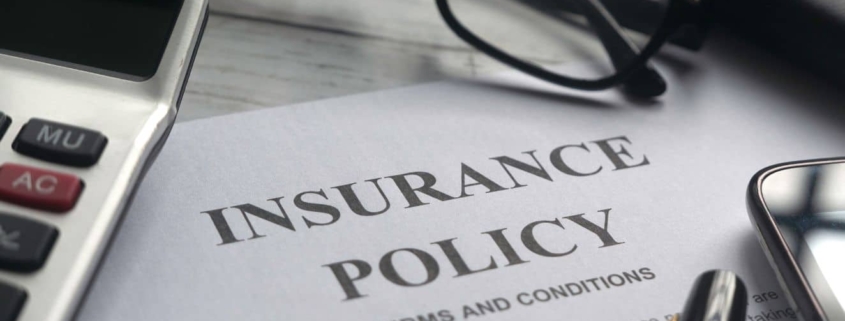Does Insurance Pay for Sober Living in Florida?
Drug and alcohol addiction affects every part of a person’s life. People living with substance abuse or addiction must seek comprehensive treatment that allows them to overcome their addiction’s physical, emotional, and behavioral aspects and move forward in life.
But what happens when someone finishes treatment? Many people find it challenging to maintain their commitment to sobriety after leaving the supportive environment of rehab. People may attempt to stay connected to the programs and professionals that keep them active in recovery, but it can be hard to navigate triggers and other challenges of early recovery independently.
Sober living homes act as a bridge between the structure and consistency of rehab and the freedom of a person’s normal daily life. Residents of a sober home benefit from the structure, accountability, and support they receive as they learn to manage their sobriety after rehab.
Unfortunately, many people who go to rehab aren’t in the best financial position. They have either lost their job, spent too much money on drugs and alcohol, or are in a lot of debt. While insurance will pay for rehab, it usually doesn’t pay for sober living.
Does Insurance Pay for Sober Living in Florida?
In most cases, insurance does not cover the cost of a sober living home. Since 2010, the passage of the Affordable Care Act (ACA) has required insurance companies to cover the cost of mental health and addiction treatment. However, the care people receive in sober living homes is not classified as mental health or medical treatment.
Sober living homes may not be treatment centers, but they provide valuable support as people transition from a structured rehab center into their regular lives. While insurance is not likely to cover the cost of a sober living home, it will likely cover recovery-related treatments, appointments, and activities, including:
- Mental health treatment
- Medical checkups and care
- Medications
- Individual therapy sessions
Residents of sober living homes are expected to be financially independent. Most residents work while staying in the sober living home, allowing them to earn sufficient income to pay their rent.
Working, paying rent, and taking responsibility for all of your bills are essential parts of life in recovery. Staying in a sober living home can help you learn to manage your responsibilities while getting the practical and emotional support you need during the early days of sobriety.
What Happens in a Sober Living Home?
Sober living homes offer structure and support to people in early recovery. There are usually fewer than ten residents in a sober living home. Residents may spend time together cooking, eating, socializing, and participating in recovery-related activities, but each resident typically has their own private bedroom.
Residents of a sober living home are encouraged to attend school, job training, or work regularly, as they would if they were living independently. Residents may also socialize outside the home but must follow a house schedule and rules.
Each sober home will have a house coordinator or manager who lives in the sober home. Often, a house manager is in recovery and has extensive experience and training in addiction recovery. The house coordinator is responsible for assuring the health and safety of residents by enforcing rules, providing support to residents, and responding to issues as they arise.
Paying for Sober Living
Many people leave rehab without a job, making paying rent in a sober living home challenging. However, there are several options to consider when deciding how to pay for sober living.
Inquire about insurance coverage
While it’s not common for an insurance company to pay for a sober living home, it does happen. Ask your insurance company if they cover rent in a sober living home or what other options you may have under your specific plan.
Borrow from savings
Many people borrow from savings to pay for the first couple of months in a sober living home. Once you find a job and have a regular income, you’ll be able to pay rent and replenish your savings account.
Apply for scholarships
Many nonprofit organizations offer scholarships or grants to help people pay for sober living. You may also ask the admissions staff at your sober living home if they offer sliding scale rent, grants, or other financial assistance.
Explore financing
Some banks offer loans to cover the cost of sober living to people with good credit. It’s important to understand the loan’s interest rates and repayment schedule before borrowing money to pay for sober living.
Find a Sober Living Home in Florida Now
Staying in a sober living home can help you stay committed to your recovery, even when challenges arise. Whether your insurance will pay for a sober living home or not, this valuable support is affordable for most. Reach out to the specialists at New You Sober Living to learn more about our programs and find the help you need in your recovery journey.




Leave a Reply
Want to join the discussion?Feel free to contribute!